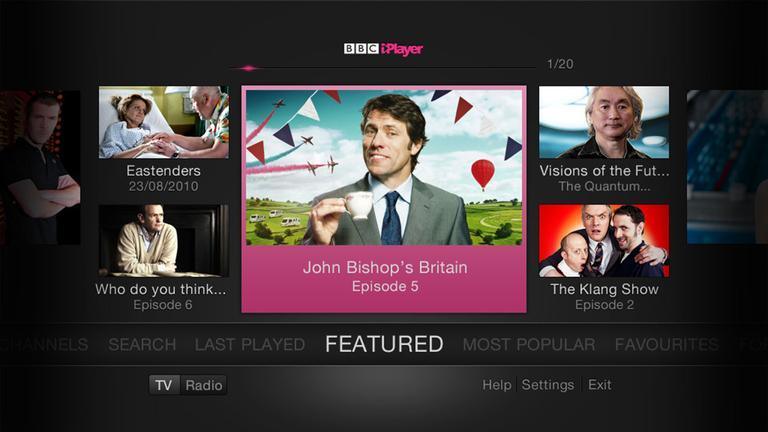BBC Three online move approved by BBC Trust
- Published
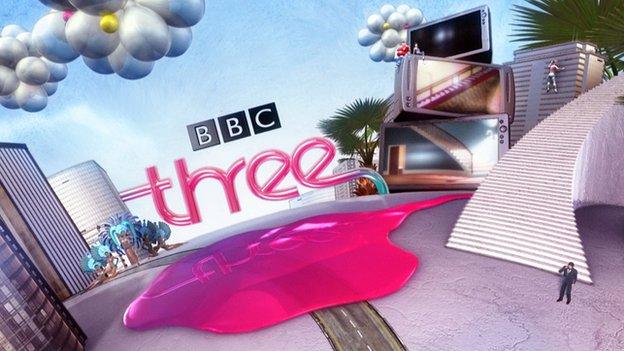
BBC Three will be 'reinvented' as an online-only channel in January 2016
Plans to move BBC Three online in January 2016 have been provisionally approved by the BBC Trust.
The trust set several conditions, including a commitment from BBC One and Two to broadcast more BBC Three programmes aimed at 16-34 year olds.
It rejected proposals for a new BBC One+1 channel, which it said would be at the expense of commercial rivals.
The trust also agreed to CBBC's running time being extended by two hours, running until 21:00.
This follows a decline in viewers on CBBC in the last four years.
The trust said it was clear "the long-term future of broadcasting is online" and that younger viewers - especially those under 25 - were already more likely to be watching TV that way.
However it acknowledged that not all young people have access to good enough broadband connections to be able to watch entire programmes online, and that for many 16-34 year olds broadcast television was still important.
It has approved proposals to revamp the iPlayer, evolving from what is primarily a catch-up service to one offering online-first content.
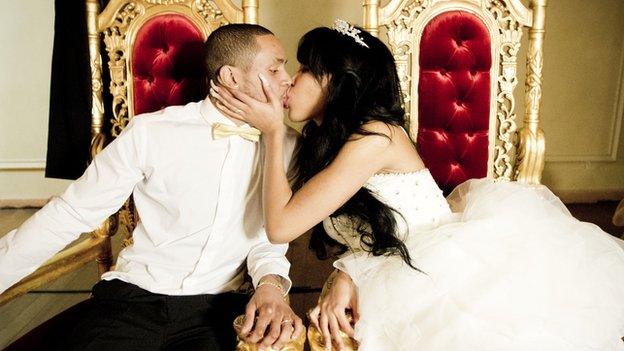
BBC Three's reality show Don't Tell The Bride has recently been shown on BBC One for the first time
It said the new-look BBC Three would be "more distinctive" than the current broadcast channel, which has seen audiences drop.
BBC Three will spend 80% of its new £30m budget on documentaries such as Life and Death Row and long-form comedy shows like Bad Education and Cuckoo, instead of lighter formats such as Snog, Marry, Avoid.
The other 20% of the budget will be spent on short-form content that will be housed online.
Don't Tell the Bride has already been moved to BBC One and the channel has lost its most popular programmes Family Guy and American Dad to ITV2.
The trust said the online move would initially lose the BBC viewers - a decline of 3% in 16-34 year olds - as while 90% of this age group have home broadband access, this varies in quality.
Protests
BBC Three is currently watched by 11.2 million people every week and reaches 25% of 16-24 year olds. However it is also currently the only BBC channel watched by 925,000 people in that age group - 80% of which are expected to be lost to the BBC with the closure.
BBC Trust chairman Rona Fairhead said: "We know young audiences are already moving towards the online future, but we do recognise that in the short term some of them will feel the immediate impact of the BBC Three proposals.
"We are therefore asking the BBC for commitments to ensure it uses the full range of its television services to better serve young people and others who make up BBC Three's audience."
Following protests from many of the channel's stars and some viewers, Ms Fairhead acknowledged that the BBC Three audience was "passionate" about its programmes.
But she said the decision was "finely balanced as a timing issue and a budget issue" and had taken "cost pressures into account".
"The licence fee was frozen in 2010 and that cost pressure is starting to bite," she added.
The trust's report said BBC Three was currently primarily a "flicking channel", which viewers stumbled upon by accident.
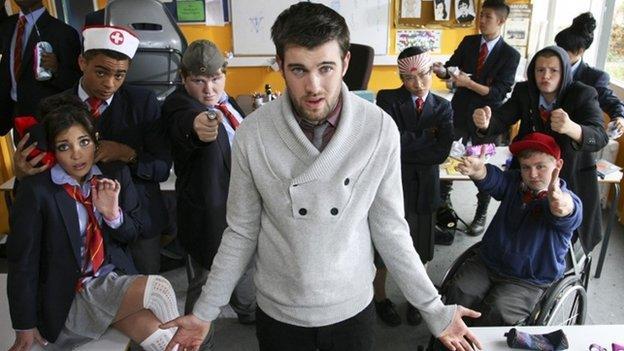
Bad Education, starring Jack Whitehall, was a big hit for BBC Three
As well as airing BBC Three programmes on BBC One and Two, the trust has also asked the executive to ensure that there is more space for "risk-taking" formats and nurturing new talent on traditional broadcast channels.
It has also asked that the move is a "gradual and well-managed transition", to ensure there is awareness of the change and accessibility, with broadcast promotion.
The trust has asked the BBC Executive to report back on its three conditions by 28 July - so that final decisions will be taken and published in the autumn.
The yearly savings of £30m a year are expected to be ploughed into original BBC Drama, but the trust said it would "encourage" commissioners to focus on drama that would appeal to a younger audience.
Repeats of programmes
Extending CBBC's broadcasting hours, the trust's report found that TV reach peaks for 6-12 year olds between the hours of 19:00 and 21:00 when CBBC currently closes.
It would fill this gap - made available by the closure of BBC Three - with repeats of programmes like Wolfblood and The Dumping Ground, rather than new programmes.
The BBC Three budget for 2017/18 is expected to be £30m, half of its current budget.
The Trust published its provisional conclusions after carrying out a Public Value Assessment and considering Ofcom's Market Impact Assessment, external (MIA).
A BBC spokesperson said: "We welcome the Trust's provisional conclusion, which is the next step in delivering our vision for a new BBC Three.
"With a frozen licence fee and the BBC's income cut by 26% we have had to make some very difficult choices, however our plans will allow us to innovate with new ideas and new forms of content for younger audiences.
"We'll now consider the areas the trust have asked us to address and respond in due course."
- Published5 March 2014
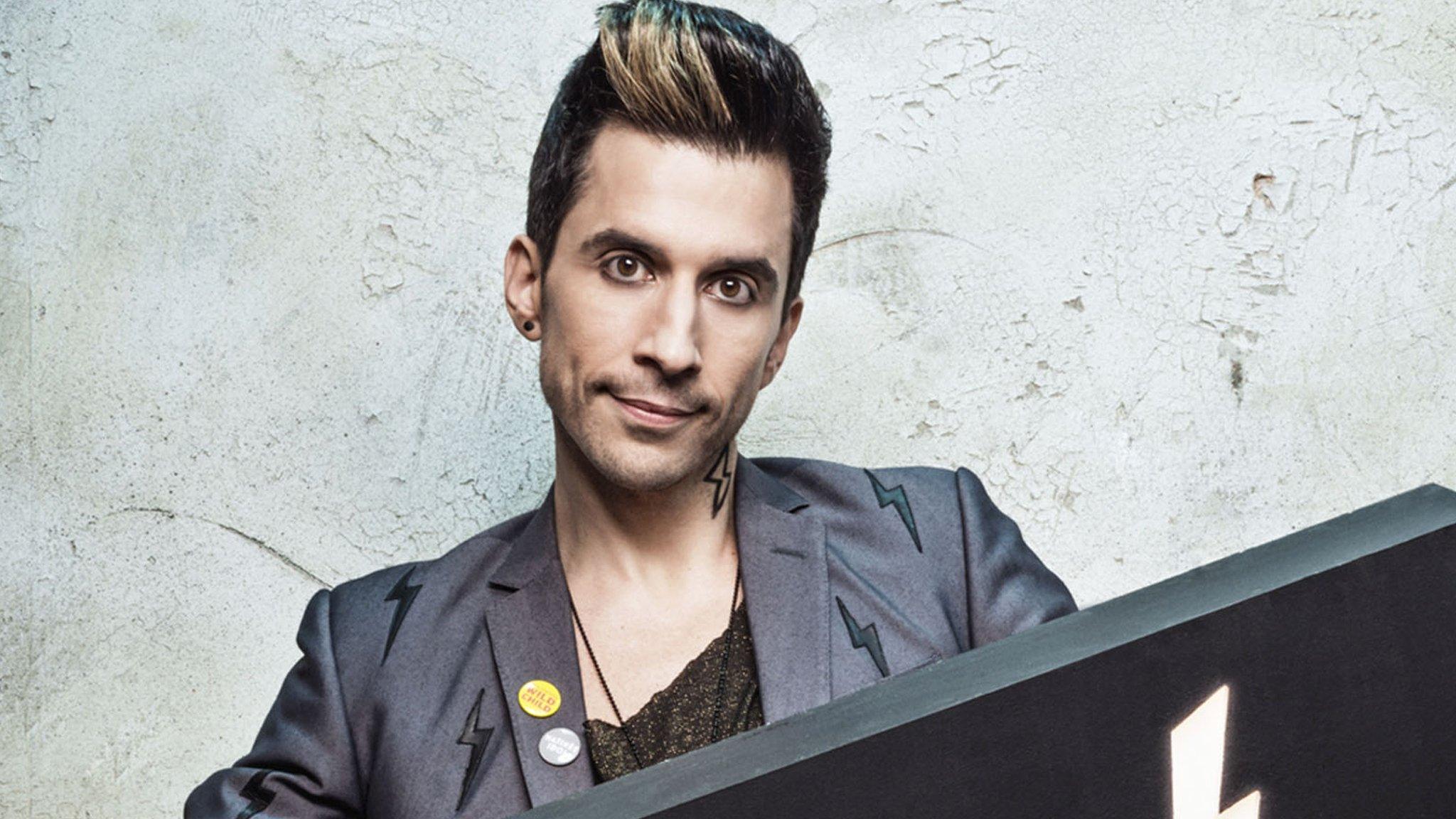
- Published5 March 2014
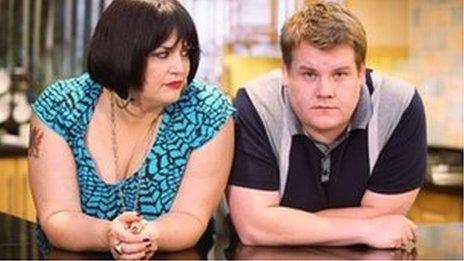
- Published5 March 2014

- Published8 February 2013
